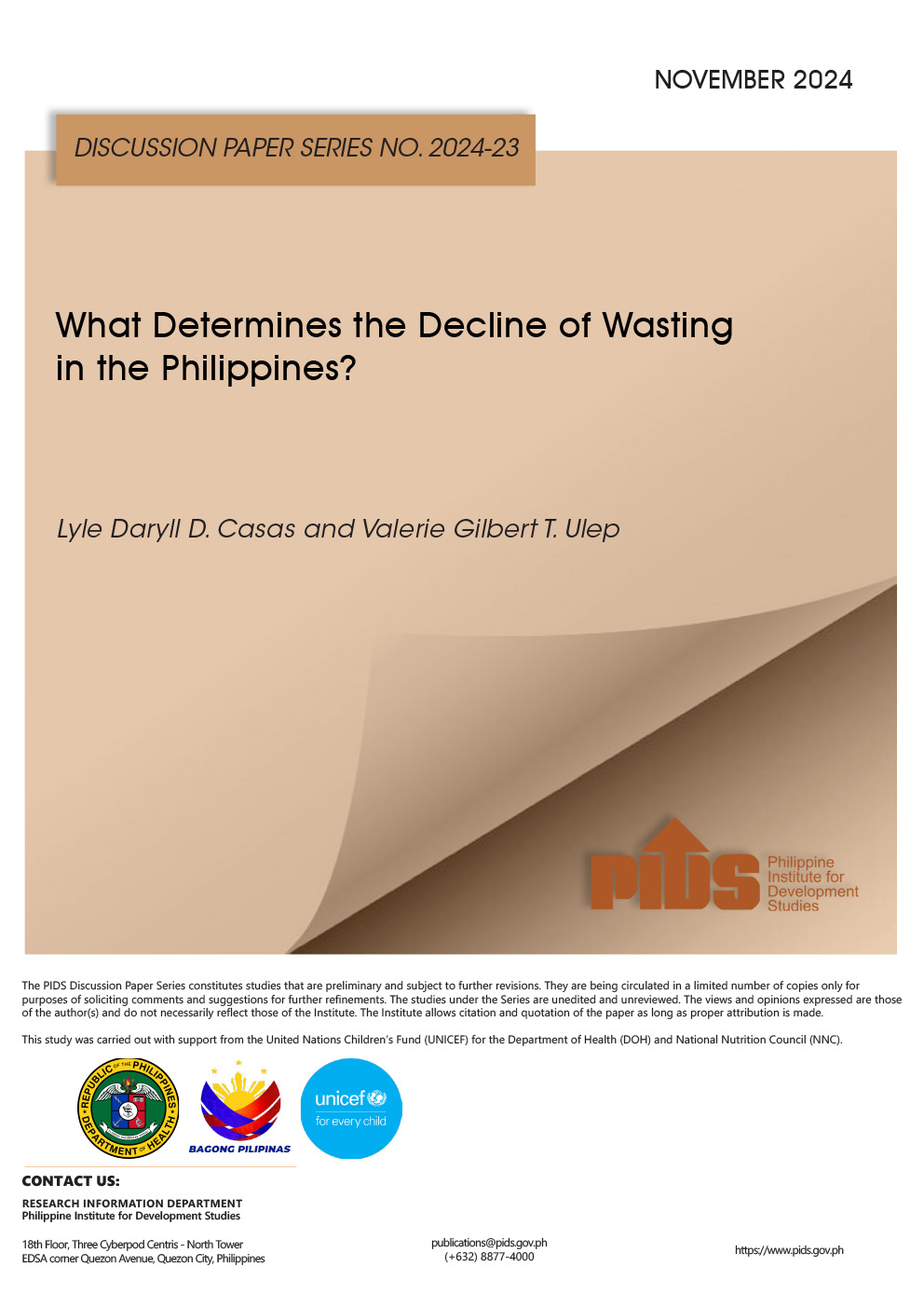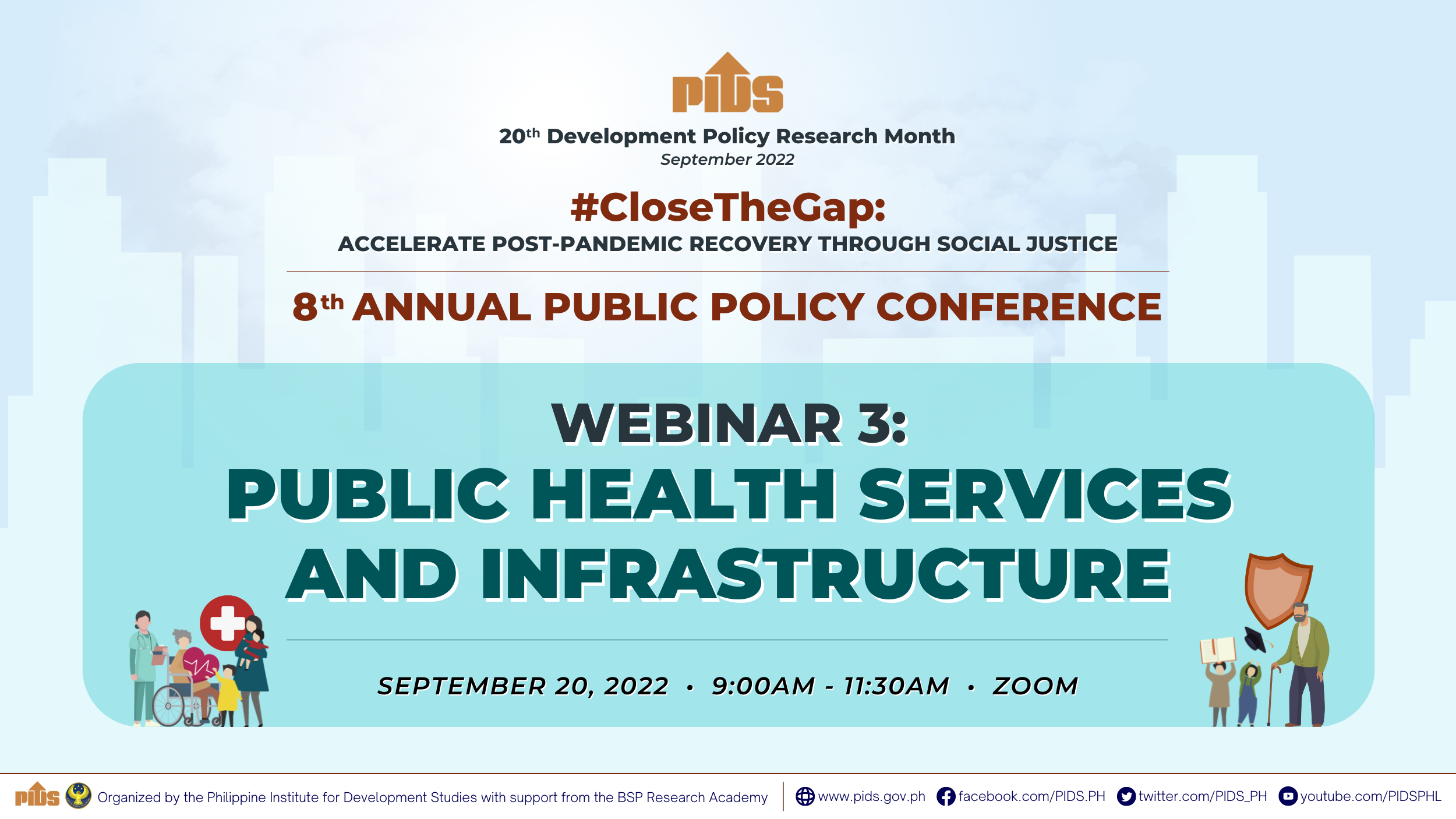A comprehensive health plan must be created to clarify the role of public-private partnerships (PPPs) in the health system and in attaining universal health coverage (UHC) in the country, a study released by the Philippine Institute for Development Studies said.
According to the policy note, PPP options for universal health coverage in the Philippines, a long-term plan will guide the government on what projects to prioritize and who it should collaborate with.
“In many countries, the public sector is unable to meet certain social needs such as UHC due to its lack of resources, administrative roadblocks and management issues. Thus, UHC – a scenario where a wide spectrum of people obtains the needed health services without having to suffer financial hardships – becomes a challenging development goal,” the report said.
The government has turned to PPP as among its strategies to move toward UHC.
Currently, included in the pipeline of PPP projects to be implemented by the Department of Health is the rehabilitation of the National Center for Mental Health.
“Ultimately, PPPs are intended to improve a country’s health outcomes. The success of a PPP is not only measured at the project’s culmination; rather, it is also determined by the preparations leading up to it,” the report said.
It added that aside from having a comprehensive health plan, a legal framework is likewise necessary to protect the interests of both public and private sectors and to make them liable when the objective of the PPP is not attained.
“Policies should serve as guidelines on how to go about the partnership, ensuring that there is enough incentive for private investors,” the study said.
The report also noted the need for a regulatory framework, specifically a controlling body, to keep track of projects, police partners and assist in the technical aspects of the partnership, among others.
“An independent body is also needed for an unbiased and consistent monitoring and evaluation of projects,” the study said.
Lastly, the policy note said both public and private sectors must be ready and willing to enter into the partnership.
“This means that the public sector should have the capacity to handle the technical requirements of the project, including regulation and enforcement, while the private sector should meet the quality standards so as to achieve better health outcomes,” the report stated.//












